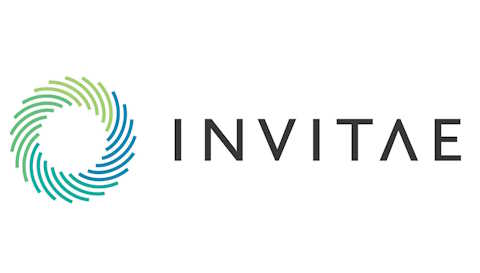
“Law firm Kirkland conflicted in Invitae bankruptcy, DOJ watchdog says” —
- “The U.S. Department of Justice’s bankruptcy watchdog said on Monday that genetic test maker Invitae Corp should not be allowed to hire Kirkland & Ellis as bankruptcy counsel because of the law firm’s work for one of Invitae’s lenders.”
- “The Office of the U.S. Trustee, a part of the DOJ that oversees the administration of bankruptcies, said in a court filing, opens new tab that Kirkland has a conflict of interest because one of its current clients is private equity firm Deerfield Partners, which is Invitae’s top lender and the ‘main beneficiary’ of a 2023 debt restructuring that placed Deerfield at the front of the line for repayment in Invitae’s bankruptcy.”
- “Kirkland, which has said it represents Deerfield in matters ‘unrelated’ to Invitae’s bankruptcy, did not represent Invitae at the time of the debt transaction. Deerfield is represented by separate counsel in Invitae’s bankruptcy case.”
- “But the U.S. Trustee argued that Kirkland could not concurrently represent Invitae while Deerfield was its client. ‘The fact that K&E represents Deerfield in unrelated matters does not change the existence of a conflict of interest,’ the U.S. Trustee wrote in an objection filed on Monday in New Jersey bankruptcy court.”
- “U.S. Bankruptcy Judge Michael Kaplan will consider Invitae’s request to hire Kirkland at an April 29 hearing in Trenton, New Jersey.”
- “Invitae filed for bankruptcy protection in February, seeking to find a buyer and reduce its $1.5 billion in debt. Invitae does not expect equity shareholders to receive any recovery in its bankruptcy, according to court documents.”
- “Invitae’s junior creditors raised concerns about Kirkland’s role in the bankruptcy in an objection, opens new tab filed about a week before the DOJ’s objection.”
- “The creditors may seek to unwind the 2023 debt transaction so that they can free up “hundreds of millions of dollars” to repay junior creditors, instead of Deerfield.”
“Judge’s Citi Investment Doesn’t Merit Recusal, Ethics Panel Says” —
- “A federal appellate court judge with a stake in Citigroup Inc. doesn’t need to recuse himself from the banking industry’s challenge to an $8 cap on credit card late fees, a federal judiciary oversight committee said.”
- “An investment held by Judge Don Willett of the US Court of Appeals for the Fifth Circuit in the country’s second largest credit card issuer was too ‘indirect and contingent’ to trigger a requirement that he recuse himself from the case, Judge Gerald A. McHugh, the acting chairman of the US Judicial Conference’s Committee on Codes of Conduct, said in a letter posted Wednesday.”
- “The Consumer Financial Protection Bureau, which released the credit card late fee rule March 5, has pushed for Willett to recuse himself from the case due to the Citigroup investment. Along with being a major credit card issuer, Citigroup is a member of the US Chamber of Commerce, the American Bankers Association, and the Consumer Bankers Association, three of the six trade groups suing to block the rule, the CFPB said.”
- “But the judicial ethics committee previously determined that owning stock in a company that belongs to a trade group involved in litigation didn’t automatically require a judge’s recusal, McHugh, a judge in the US District Court for the Eastern District of Pennsylvania, said in a letter to Willett dated April 16.”
- “The CFPB was effectively arguing for a standard that a judge should recuse any time a litigant raised concerns about impartiality, McHugh said.”
- “‘The judicial system could not function effectively under such a standard, and that is exactly why the Code imposes a standard of reasonableness,’ he wrote.”
- “Willett in an April 9 statement said his Citigroup stake amounted to $2,000 in a Coverdell Education Savings Account for one of his children.”
